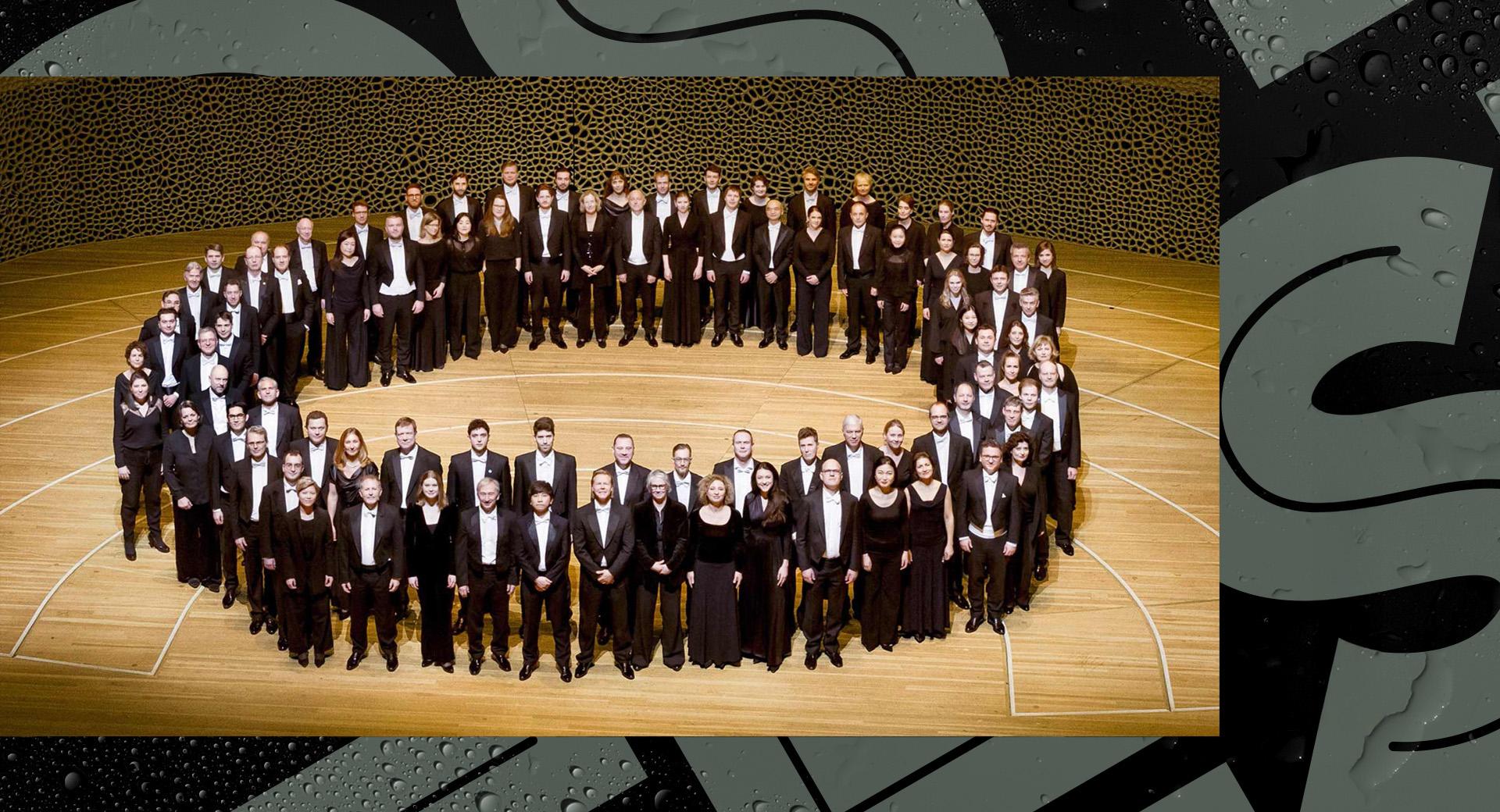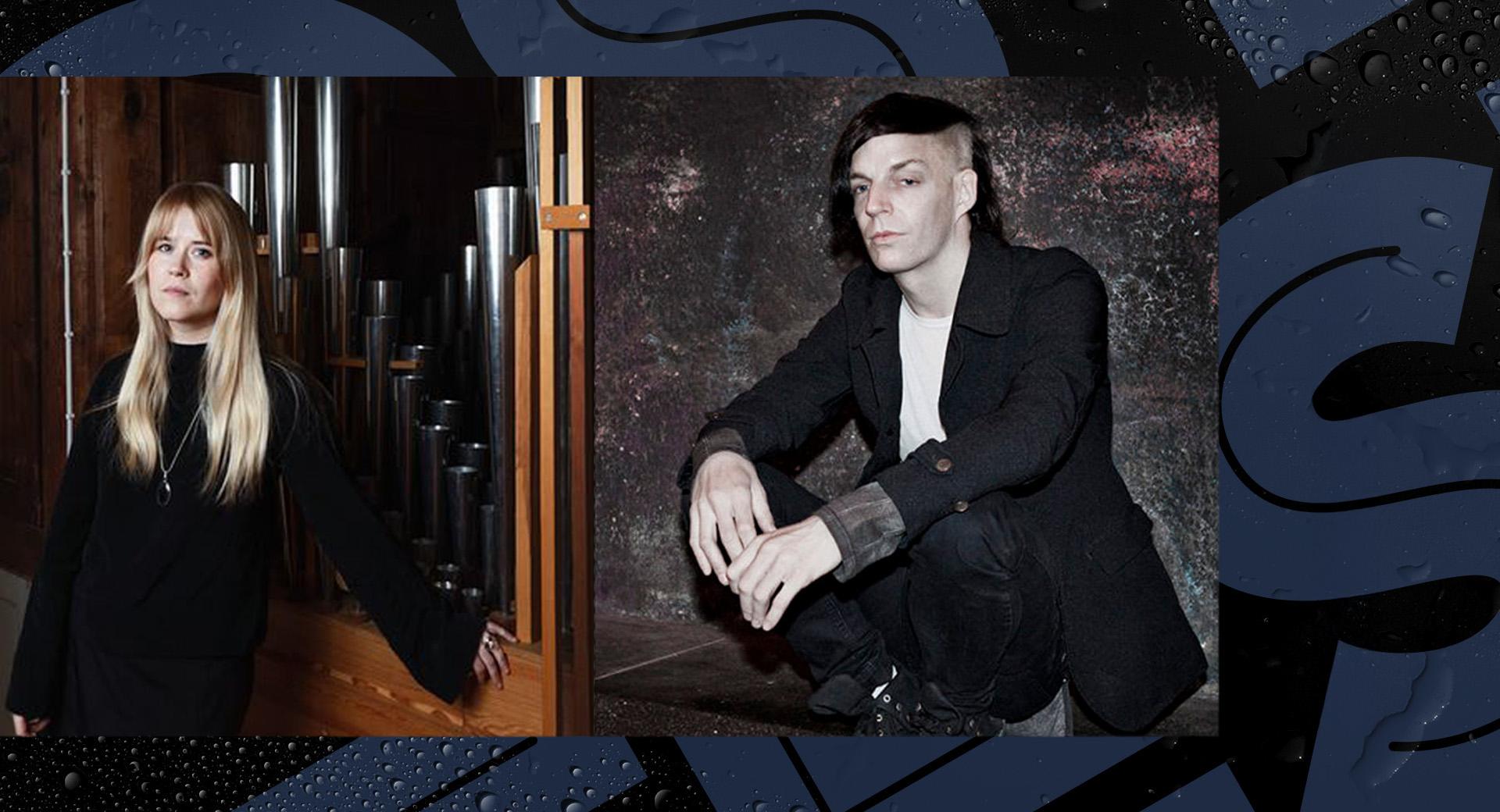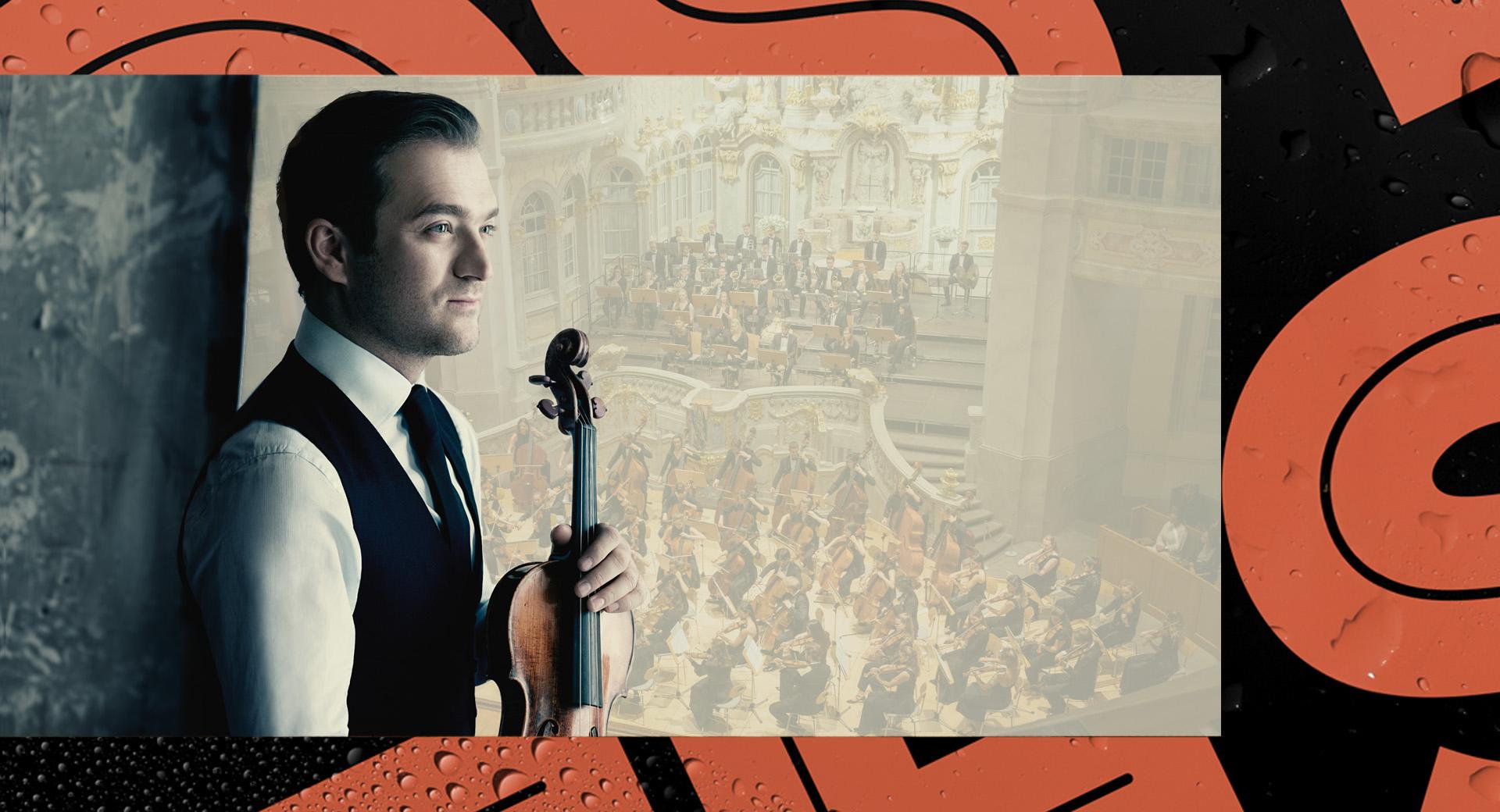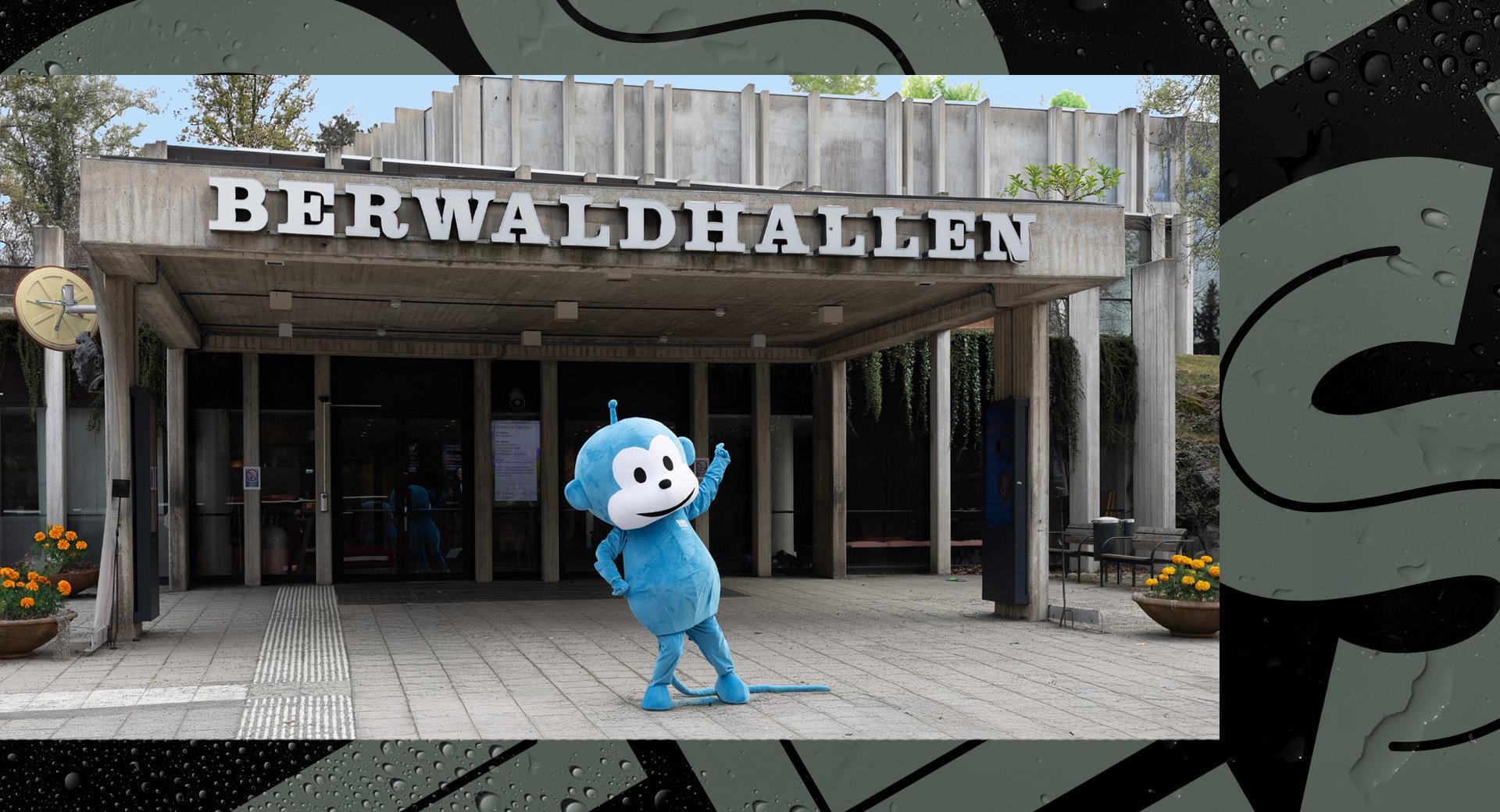Bach’s Goldberg Variations
Most recently, David Huang performed at Berwaldhallen in February 2018, in Victoria Borisova-Olla’s musical tribute to the Schumann couple. And during his years as Swedish Radio P2’s Artist in Residence, Berwaldhallen became his home. In this solo performance, Huang interprets one of Johann Sebastian Bach’s most famous and celebrated works, The Goldberg Variations.
This production is part of one or more concert series.
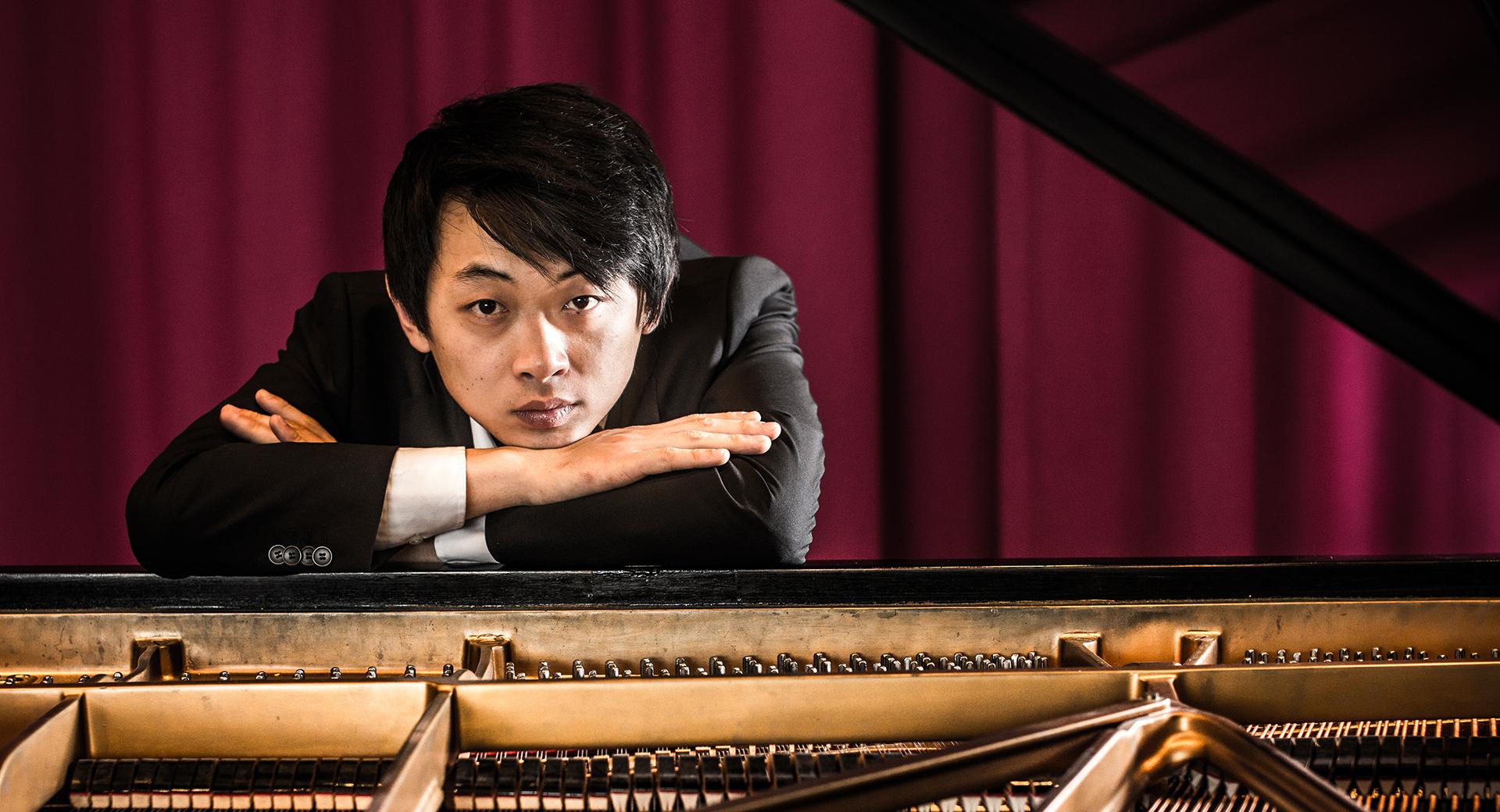
“I’m ready when you are, Officer Pembry.” With these fateful words, Hannibal Lecter, played by Anthony Hopkins, moves purposefully out of frame. The camera does not reveal what happens next, but the viewer can imagine it, and later in the film also gets to see glimpses of Lecter’s brutal actions. And when we, together with Pembry’s fellow officers, see what happened to him, it is to the backdrop of Howard Shore’s skilfully written, atmospheric film music.
But when Lecter first kills Pembry’s colleague and then attacks Pembry, the music is calm, distinctive, self-evident, ingenious. The viewer’s perspective is then Lecter’s, and Anthony Hopkin’s Oscar-winning performance conveys the composure, satisfaction even, just as the brilliant but disturbed Doctor Lecter feels before his, in our eyes, grotesque actions. The ingenious and distinctive music is the aria from Bach’s Goldberg variations.
The choice of music is not a coincidence. If only quiet piano music was needed, Howard Shore was more than capable. However, Lecter is no ordinary serial killer, but highly educated and cultured with a photographic memory and an almost disconcerting level of intelligence. For his time, Bach was a dazzling organist and an organ expert, but has over time come to be admired for his many and incredibly skilled compositions. “I literally grew up with this work and dreamed of playing it,” says pianist David Huang, who is no stranger to the audience at Berwaldhallen. “It is wonderful to finally perform the work myself and put my own stamp on it.”
Bach wrote the Aria with diverse variations for harpsichord with two manuals, which we now know as The Goldberg Variations, almost three hundred years ago. In just the last century, several reworkings and interpretations have been undertaken by various producers, musicians and composers. In addition to reworking for harp, guitar duo, string trio and organ, Bach’s music has also been reworked for jazz trio, synthesizer or in an electro-acoustic version for strings and live electronics.
When the work, as in this instance, is played on the piano, it is also in a kind of reworking; originally, as it was originally written for the harpsichord. Unlike the piano, the harpsichord can have two sets of keys. The Goldberg Variations are written for just such an instrument, which can be problematic for pianists whose hands are confined to a single keyboard. However, that is not something that worries pianist David Huang. “I am longing to explore and truly discover this fantastic music. The only way to do it, is to play it.”
Text: David Saulesco
